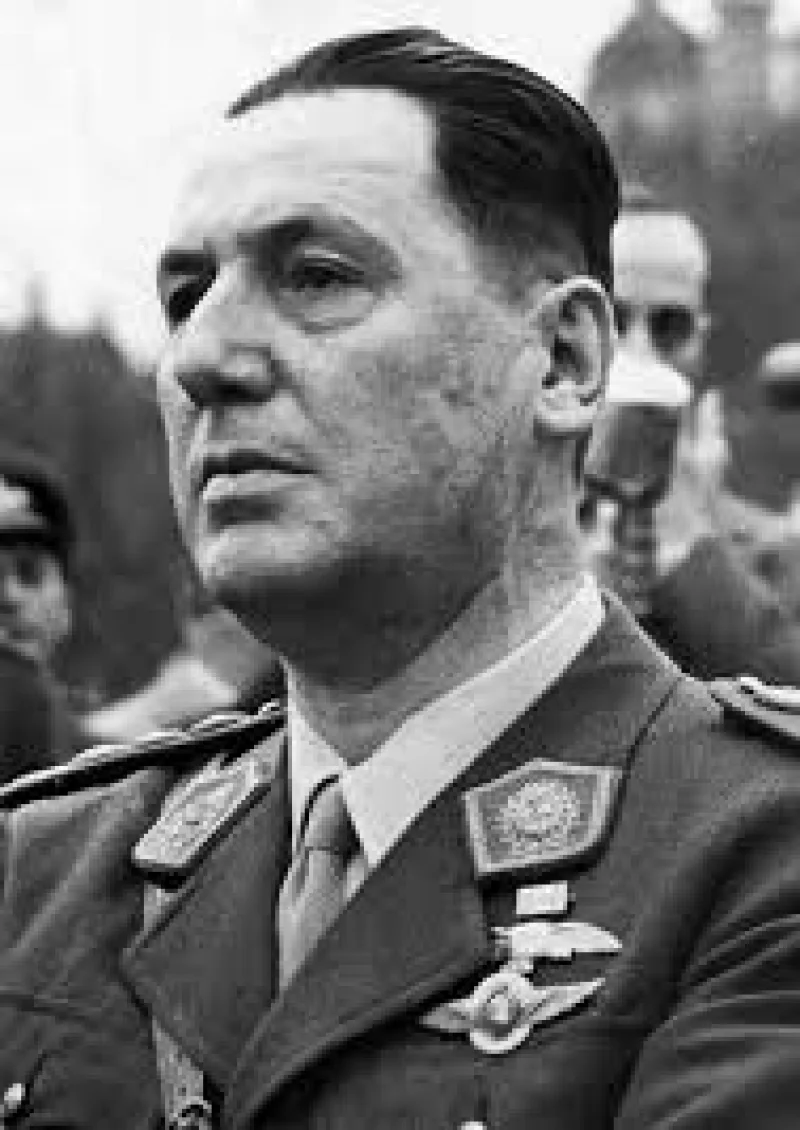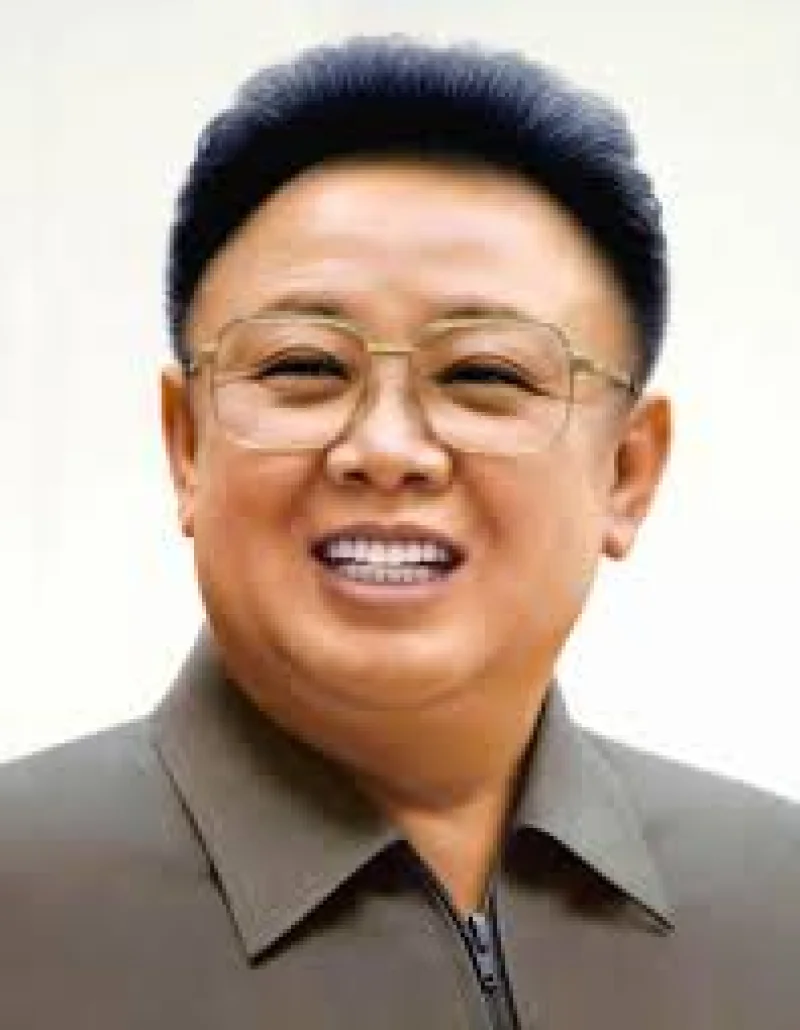Short Summary
Juan Perón was an influential political figure in Argentina, serving as President for three terms. He is renowned for his populist policies, charismatic leadership, and the establishment of Peronism, a political movement that significantly shaped Argentine politics. His presidency included economic and social reforms aimed at empowering the working class. Despite his controversial tenure, his impact on Argentina's political landscape remains significant to this day.
Early Life & Education
Juan Domingo Perón was born on October 8, 1895, in Lobos, Buenos Aires Province, Argentina. He was raised in a modest family and spent much of his childhood in the rural areas of Patagonia. Perón attended the National Military College in Buenos Aires, where he began his military career. His experiences in the military, along with his exposure to the socio-economic disparities in Argentina, deeply influenced his political ideology. Perón's education and early experiences laid the foundation for his later focus on social justice and labor rights.
Career Highlights
Perón's career began in the military, where he rose to the rank of Colonel. In 1943, he became involved in a military coup that resulted in his appointment as Secretary of Labor and Social Welfare. His popularity among workers grew, leading to his election as President in 1946. During his presidency, he implemented numerous social and economic reforms, including nationalizing key industries and expanding social welfare programs. Despite facing opposition and being overthrown in 1955, he returned to power in 1973, demonstrating his enduring influence in Argentine politics.
Major Achievements
- Established Peronism: A political movement focused on social justice and economic independence.
- Implemented Labor Reforms: Introduced policies that improved workers' rights and conditions.
- Expanded Welfare Programs: Enhanced social benefits for the working class and poor.
- Nationalized Industries: Took control of key sectors to boost national economy.
- Returned to Power: Successfully regained presidency after exile, reflecting continued support.
Famous Quotes
- "The nation marches towards its greatness, at the same pace as the improvement of the standard of living of its people."
- "For a government of the people, the first duty is to maintain and improve the living conditions of its citizens."
Interesting Facts
- Perón was married three times, with his second wife, Eva Perón, becoming a cultural icon.
- He was exiled in 1955 and lived in Spain before returning to Argentina in 1973.
- His political ideology, Peronism, remains influential in Argentine politics today.
- Perón's legacy includes both admiration for his social policies and criticism for his authoritarian methods.
- He was a skilled orator, known for his ability to connect with the working class.
Legacy / Influence
Perón's legacy is marked by the enduring influence of Peronism in Argentine politics, a movement that continues to shape political discourse and policy. His focus on social justice and labor rights remains a point of reference for contemporary politicians. Despite controversies, his efforts to uplift the working class have left a lasting impact on Argentina's social and economic fabric.
FAQ
Q: Why is Juan Perón famous?
A: Juan Perón is famous for his role as President of Argentina and for founding the Peronist movement.
Q: What were Perón's key policies?
A: His key policies included labor reforms, nationalization of industries, and expansion of social welfare programs.
Q: How did Perón return to power?
A: After being exiled in 1955, Perón returned to Argentina in 1973 and was re-elected as President.
Q: What is Peronism?
A: Peronism is a political movement based on the ideals of social justice, economic independence, and political sovereignty.









